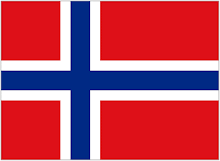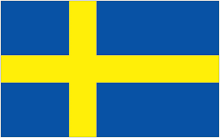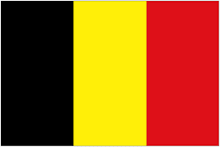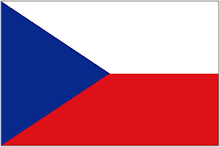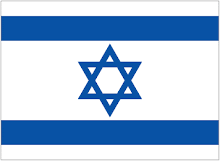Here is an account from Wikipedia:
In 1393, the Ottomans captured Tarnovo, the capital of the Second Bulgarian Empire, after a three-month siege. In 1396, the Vidin Tsardom fell after the defeat of a Christian crusade at the Battle of Nicopolis. With this, the Ottomans finally subjugated and occupied Bulgaria.[29][30][31] A Polish-Hungarian crusade commanded by Władysław III of Poland set out to free the Balkans in 1444, but the Turks defeated it in the battle of Varna.
Some accounts of the five centuries of Ottoman rule highlight its violence and oppression. The Ottomans decimated the Bulgarian population, which lost most of its cultural relics. Turkish authorities destroyed most of the medieval Bulgarian fortresses in order to prevent rebellions. Large towns and the areas where Ottoman power predominated remained severely depopulated until the 19th century.[9]
The new authorities dismantled Bulgarian institutions at anything above the village or communal level, and merged the separate Bulgarian Church into the Ecumenical Patriarchate in Constantinople, although a small, autocephalous Bulgarian archbishopric of Ohrid survived until January 1767.
Bulgarians in the Ottoman empire had to endure a number of disabilities; they paid more taxes than Muslims, they lacked legal equality with Muslims, they could not carry arms, their clothes could not rival those of Muslims in color, nor could their churches tower as high as mosques.[32] Bulgarians who converted to Islam, the Pomaks, retained Bulgarian language, dress and some customs compatible with Islam.[30][31]
Well, it seems that despite Bulgaria's membership of the European Union, Muslim influence is again on the march - but this time the threat isn't from Turks but Saudi Wahabists.Here is an article by a Bulgarian MP which tells of the situation in some of Bulgaria's southern villages:
Yanev, who is the leader of the opposition "Order, Law, Justice" Party (RZS) spoke Monday in Blagoevgrad as reported by the local BGNES correspondent.
The leaders of RZS visited Monday several villages in Southern Bulgaria to meet with alarmed teachers and parents, who have presented concrete evidence of the imposed conversion to fundamentalist Islam in the region.
The example of the village of Ribnovo, in the Gurmen municipality, has been presented as the most striking one. In Ribnovo, the school principal, Feim Issa, had imposed full dictatorship on the teaching staff, forcing them to wear traditional Muslim clothes, and encouraging female student to the same. Issa has been illegally appointed as principal with help of the local mosque's leaders and is actively supporting the religion teacher at the school, Murat Boshnak.
Boshnak is, reportedly, an individual with suspicious past and unclear educational background. He is not holding even a Bulgarian high school diploma, but has graduated from a religious school in Skopje, Macedonia. Ribnovo residents allege that Boshnak has specialized in Saudi Arabia and is forcefully making parents to sign requests for their children to study the Islam. He is also demanding that children address him as "aga' instead of "gospodin" (Mister), had prohibited girls from attending the last prom in civil attire and issued a ban on celebrations.
Boshnak later organized a trip to Turkey with funds from an Arab foundation. Only one girl had attended the prom. Parents, who refuse to follow the fundamentalist rules, are being cursed during services in the local mosque.
Yanev had established similar examples in the village of Satovcha, where the school principal regularly attended classes in radical Islamism in an illegal local fundamentalist school. The principal was currently on maternity leave and, in order to keep the school under control, had appointed her own husband to replace her.
The residents of the villages visited by Yanev are not Turks; they are all Bulgarian-Muslims, speaking only Bulgarian language.
The RZS leader stated he was appalled by the extreme violations of the rights and freedoms of Bulgarian citizens, embedded in the Constitution. RZS distributed to the media video postcards, showing how radical Islam is quickly taking roots in the country, under the courteous watch of the ruling tri-party Coalition.
Yanev and his colleague Dimitar Abadzhiev vowed to signal the State Agency for National Security (DANS) about the citizens' rights violations in the region, which, they say, are sabotaging European values and leading the way of Islam in Europe.
I think this situation makes a very important point; once Islamic influence is entrenched, it does not die.
If Bulgaria, with just over 12% of its population Muslim, is a bridgehead for Islam in Europe, then what of Turkey and its aspirations to join the EU?
More importantly, what about the fact that Muslim Albania has already applied to join, and this was not really covered in any great depth by the media?
The future of Europe has the potential to be bleak as things stand, without inviting these Trojan horses to join.
.jpg)

















































